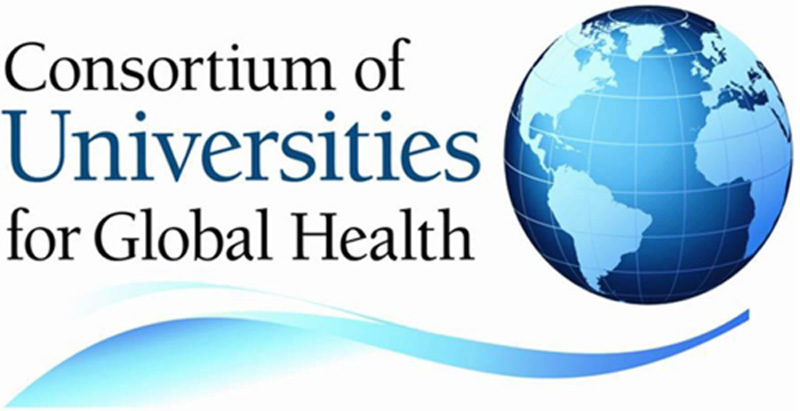Friday, January 18, 2019
This webinar will discuss the potential value of climate information in routine epidemiological surveillance systems, early warning and risk assessment for climate-sensitive health outcomes as well as in the prevention of all types of hydro-meteorological disasters, infectious disease emergencies and nutrition crises.
To achieve evidence-based policies and practices for climate change adaptation for the health sector we need to know what we are adapting to. In this webinar, we will consider how climate information can help. The discussion will focus on the importance of a multi-timescale approach, new and innovative mechanisms for strengthening climate observations, data management and sharing, development of relevant climate services, inter-sectoral collaboration, training and capacity building – all of which must be built within an enabling policy environment.
The discussants’ premise is that improved management of health risks associated with climate variability (such as the heat early warning systems recently established in Europe and North America) increases the adaptive capacity of the public health sector to longer-term climate change. Understanding the policy drivers that influence programmatic development, funding streams and new opportunities for inter-sectoral engagement can help ensure delivery of climate services that meet decision-maker needs. In this webinar, chaired by Joy Shumake-Guillemot (World Health Organisation, World Meteorological Organisation Joint Office), Madeleine Thomson and Simon Mason (International Research Institute for Climate and Society, Columbia University) will discuss the opportunities and challenges that are associated with climate services for the health sector and provide examples of their use in practice in the field.
Speakers
Simon Mason, PhD, Dr IRI, is chief climate scientist, taking a lead role in international outreach from the IRIs Climate Program, and leading the IRIs disaster work. He was a member of the drafting team for the High-Level Task Force on the Global Framework for Climate Services (GFCS), is an overall author for the GFCS Implementation Plan, and is a focal point for the IRIs Partnership to Save Lives with the International Federation of Red Cross and Red Crescent Societies (IFRC). He has been heavily involved in capacity building activities, including leading the development and support of the Climate Predictability Tool (CPT). He has extensive experience in the production of seasonal climate forecasts in contexts such as the Regional Climate Outlook Forums, and works closely with the World Meteorological Organization (WMO) to promote the definition and adoption of forecasting and verification standards through engagement in relevant WMO Expert Teams, including through the Commission for Climatology (CCl).
Madeleine Thomson, PhD, Dr IRI, is a Senior Research Scientist at the International Research Institute for Climate and Society (IRI) and a Senior Scholar at the Mailman School of Public Health, Department of Environmental Health Sciences at Columbia University, New York. She directs the IRI – WHO Collaborating Centre (US 430) for Early Warning Systems for Malaria and Other Climate Sensitive Diseases. Her research focuses on the development of new data, methodologies and tools for improving climate-sensitive health interventions including malaria, meningococcal meningitis, the health impacts of disasters and malnutrition. She has a BSc. in Animal and Plant Biology (Sheffield 1982) an MSc. in applied pest management from Imperial College London (1985) and a Ph.D. from the University of Liverpool based on her field work on the ecology and identification of the Simulium damnosum vectors of Onchocerciasis volvulus in Sierra Leone (1989). She is a co-Editor of “Climate Information for Public Health Action” Routledge, 2019.
Moderator
Joy Shumake-Guillemot, PhD, leads the WHO/WMO Climate and Health Joint Office in Geneva Switzerland. She is an environmental health scientist and public health practitioner who has worked with WHO, WMO, UNICEF and others to develop public health policy and programming for climate adaptation and risk management. She has extensive field experience in Africa, Asia, and Latin America supporting public health and humanitarian assistance programs. Her current work focuses on enabling WMO and WHO to work together to accelerate the availability, access and use of climate and weather information that can improve public health policy and practice. She plays a leading coordination role for the Health, Environment, and Climate Change Coalition (HECCC) between UN Environment, WHO, and WMO. Joy has led several strategic efforts as the lead author of the WHO Operational Framework for Climate Resilient Health Systems, the health strategy for the Global Framework for Climate Services, the Climate Service for Health
